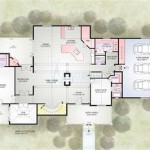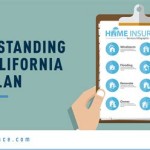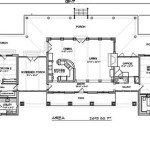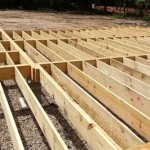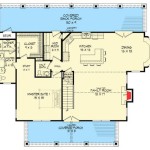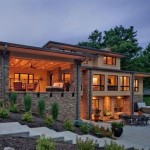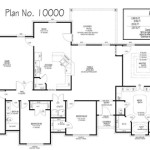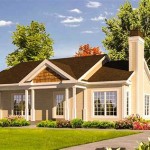Net Zero Energy House Plans
In a world grappling with escalating energy costs and environmental concerns, Net Zero Energy House Plans have emerged as a beacon of sustainable living. These meticulously designed blueprints empower homeowners to construct dwellings that produce as much energy as they consume, eliminating their reliance on non-renewable resources and minimizing their carbon footprint.
At the heart of a Net Zero Energy House Plan lies a comprehensive approach that encompasses energy-efficient building techniques, renewable energy sources, and smart home technologies. To achieve this delicate balance, architects meticulously consider every aspect of the design, from the orientation of the building to the materials used in its construction.
Key Principles of Net Zero Energy House Plans
Energy Efficiency: Insulation, high-performance windows, and energy-efficient appliances play a crucial role in minimizing energy loss. By sealing air leaks and maximizing insulation, heat transfer is reduced, lessening the reliance on heating and cooling systems.
Renewable Energy Sources: Solar panels, wind turbines, and geothermal systems harness natural resources to generate clean, renewable energy. These systems provide electricity, heat, and hot water, offsetting the consumption of fossil fuels.
Smart Home Technologies: Advanced technologies, such as energy management systems, programmable thermostats, and home automation, optimize energy usage by adjusting temperature settings, monitoring appliances, and controlling lighting. By leveraging data and automating processes, homeowners can minimize energy consumption.
Benefits of a Net Zero Energy Home
Environmental Sustainability: By eliminating reliance on non-renewable energy sources, Net Zero Energy Homes significantly reduce greenhouse gas emissions, contributing to a cleaner and healthier environment.
Financial Savings: The low energy consumption of these homes translates into substantial savings on utility bills. Over time, the investment in energy-efficient features and renewable energy systems pays for itself.
Increased Comfort and Health: Well-insulated and energy-efficient homes provide a more comfortable living environment, reducing drafts and maintaining consistent temperatures. The use of non-toxic materials and improved air quality also promotes occupant well-being.
Considerations and Challenges
While Net Zero Energy House Plans offer numerous advantages, there are certain considerations to bear in mind:
Initial Investment: Building a Net Zero Energy Home typically requires a higher initial investment compared to traditional houses. However, the long-term savings on energy bills can offset these costs.
Climate Factors: The availability and effectiveness of renewable energy sources vary depending on the region's climate. Designers must carefully assess the local climate conditions to determine the optimal energy solutions.
Skilled Professionals: Constructing a Net Zero Energy Home demands specialized knowledge and expertise. It is crucial to engage with experienced architects, builders, and engineers who are well-versed in the principles of sustainable design.
Conclusion
Net Zero Energy House Plans represent a transformative approach to residential design, prioritizing environmental sustainability and occupant well-being. By embracing energy-efficient principles, incorporating renewable energy sources, and leveraging smart technologies, these homes offer a unique opportunity to live in comfort and harmony with nature. As the world transitions towards a more sustainable future, Net Zero Energy House Plans will undoubtedly play a significant role in shaping our built environment.
Net Zero Home Design Popular Plans Energy

Net Zero Energy Homes Pay Off Faster Than You Think Even In Chilly Midwest Inside Climate News

Positive Nrg Triplex Zero Energy Home Plans

What Is Net Zero Building Definition Features Rmax

A Zero Energy House Building In Norway Cliff Scientific Diagram

Net Zero Energy Case Studies Green Spaces

Nist Net Zero Test House Cutaway Drawing Inhabitat Green Design Innovation Architecture Building

Lewisville Tx Greencraft Builders 2009 Timbercreek Net Zero Energy House Prototype Case Study Buildingscience Com

A Phd And An Architect Build Net Zero Home Greenbuildingadvisor

Net Zero Home Of The Future Infographic Inhabitat Green Design Innovation Architecture Building

